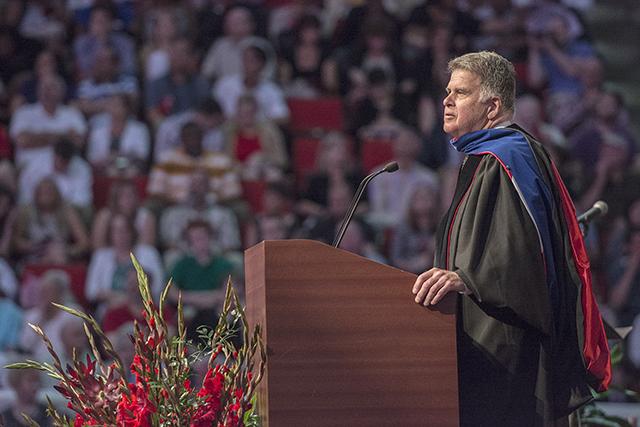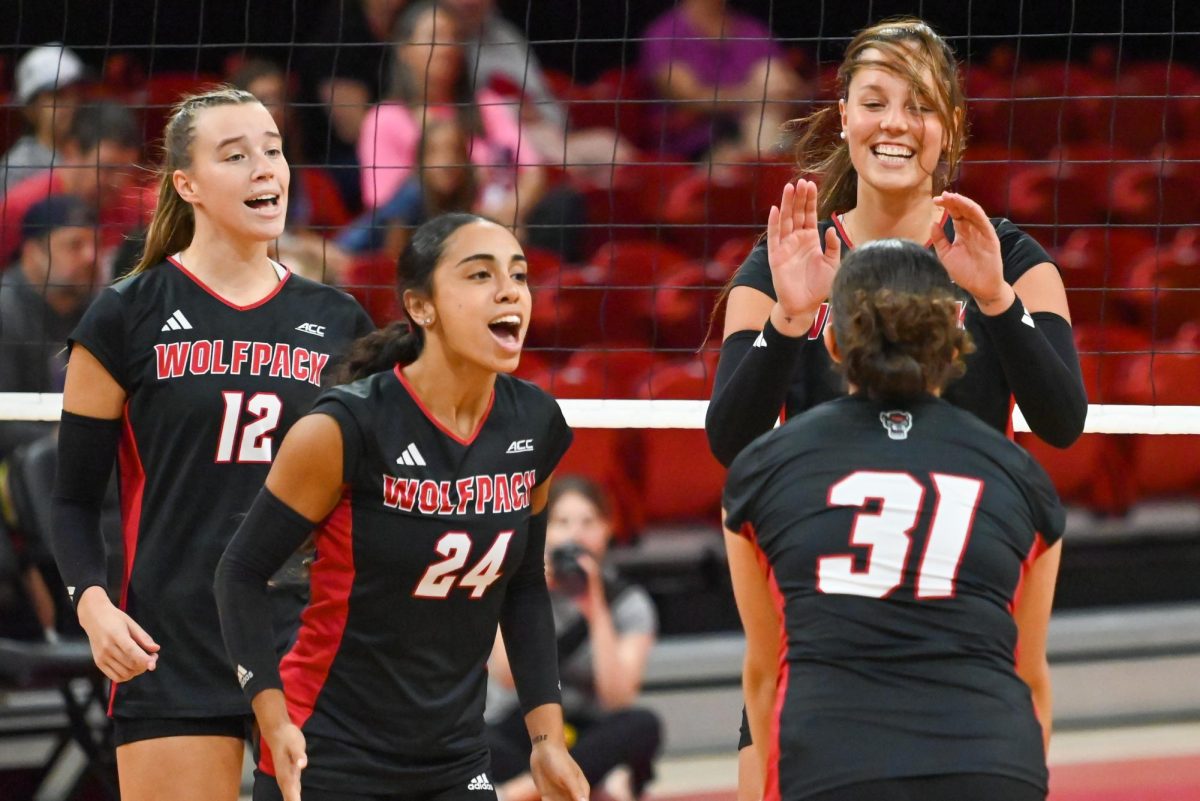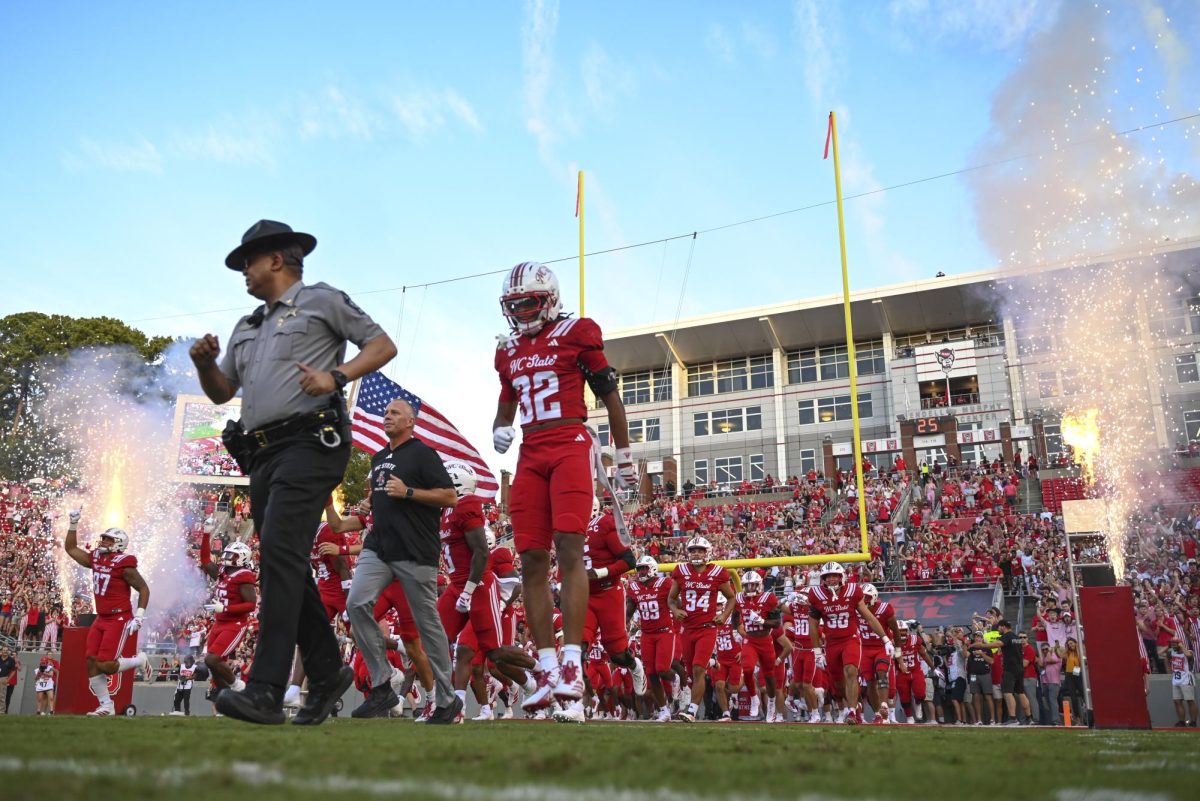Of the 63 commencement speakers N.C. State has hosted in the past 50 years, only five, or less than 8 percent, have been women, according to N.C. State Registration & Records.
Female students currently compose 44.4 percent of the student population. Sixty years ago, females accounted for only 1.2 percent. Although the University opened its doors in 1887, the first full-time female student arrived 34 years later in 1921.
Commencement speakers serve as a reflection of the institution at which they are speaking, and the lack of female speakers at N.C. State reflects the history of the University, according to Ashley Simons-Rudolph, Director of the N.C. State Women’s Center.
“Historically as an institution, we’ve been male-dominant,” Simons-Rudolph said.
N.C. State didn’t have a female commencement speaker until critically acclaimed poet Maya Angelou spoke in 1990, 69 years after the University began granting admission to women.
Angelou, who died in her Winston-Salem home Wednesday, was awarded the Presidential Medal of Freedom by President Barack Obama in February 2011.
“Young men and women, you have been inclining toward greatness,” Angelou said to the N.C. State graduating class. “This is your chance … You are all we have. There is nothing after you but the things that you leave and the people you will touch.”
Simons-Rudolph said students deserve representation by a voice of social justice, although the current selection process doesn’t use that as a criterion.
“We want to have a commencement speaker that respects the diversity of opinions, regardless of gender expression,” Simons-Rudolph said. “I think that if someone is addressing graduates with a voice of social justice, that message can come from any gender embodiment.”
Although the numbers of female speakers in relation to men are low, Simons-Rudolph said the gender of the selected speaker is less important than student involvement in the selection process.
“I think that commencement speakers are a symbol of the University, one symbol of many,” Simons-Rudolph said. “I always favor students increased involvement to ensure that their voice is heard. They are the ones that are graduating.”
The Commencement Committee chooses the commencement speakers at N.C. State.
Both students and faculty sit on the committee to nominate speakers. The selection is also dependent on who is available and necessary travel expenses. Ultimately, the chancellor makes the final decision regarding who speaks at each ceremony.
Communications professor Edward Funkhouser said the lack of female representation is not surprising.
“It does reflect the past,” Funkhouser said, “N.C. State has been a more male-dominated institution.”
Though the University’s criteria used to select commencement speakers changes depending on the committee, Funkhouser said there are certain qualities that make for a good commencement speaker, gender not necessarily being one of them.
“A commencement speaker should have something to say and be entertaining,” Funkhouser said. “I think there are plenty of women who can do that very well. I would hope that we would have more women speakers in the future.”
Although N.C. State has not opened the door for many female commencement speakers, the women who have spoken were well-known and made valued achievements within their respective fields.
In addition to Angelou, female commencement speakers have included Elizabeth Dole in 1994, Shirley Ann Jackson in 2003, Johnnetta Cole in 2005 and Bonnie McElveen-Hunter in 2006. Each of these women was serving as either president or CEO of their respective organizations at the time of their commencement addresses.





